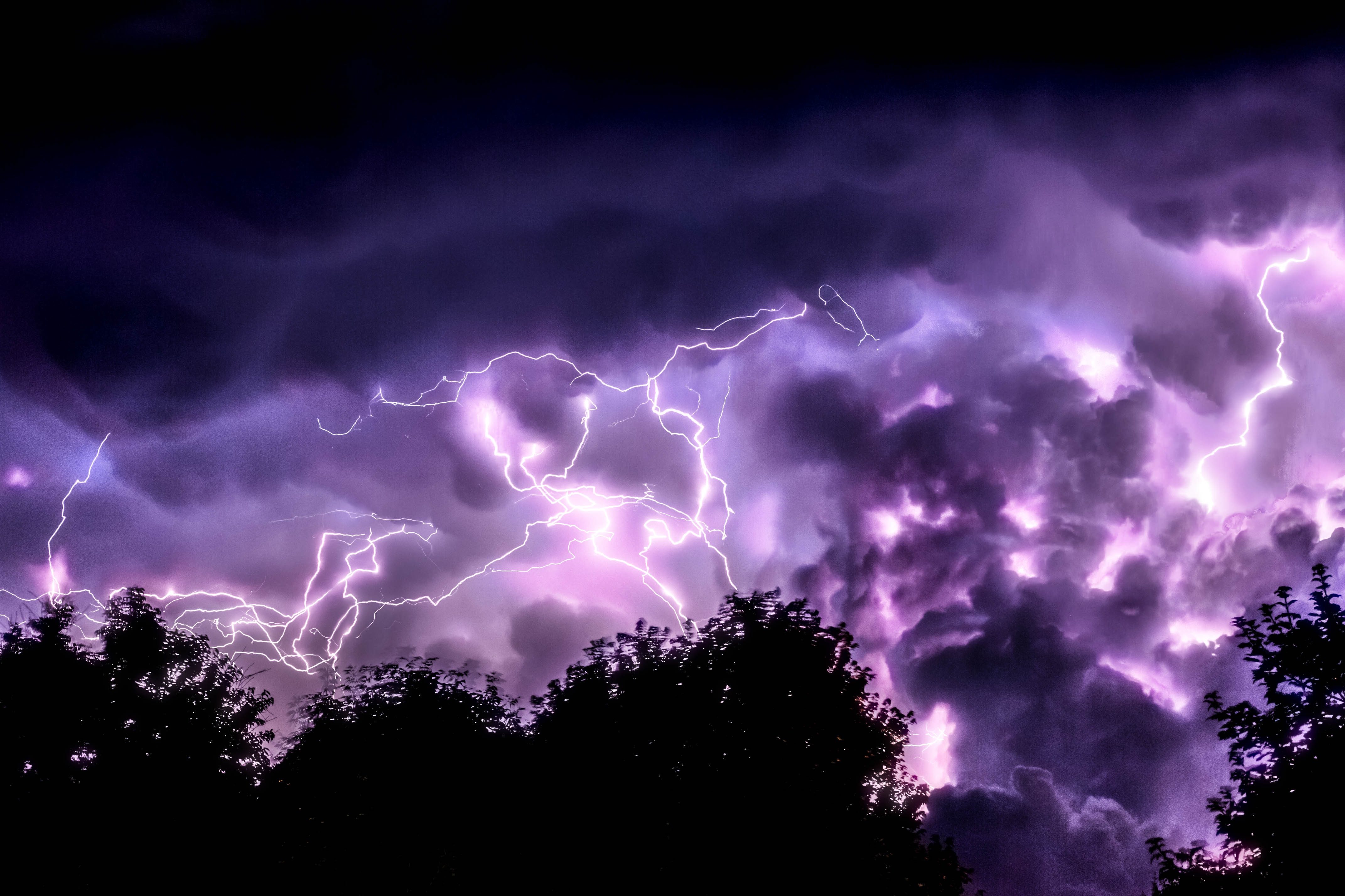Grass pollen season brings a seasonal increase in asthma and hay fever. It also brings the chance of epidemic thunderstorm asthma.
Epidemic thunderstorm asthma events are thought to be triggered by a unique combination of high grass pollen levels and a certain type of thunderstorm with strong winds, causing a large number of people to develop asthma symptoms over a short period of time. Epidemic thunderstorm asthma events don't happen every year but when they do, they happen during grass pollen season, which is normally from October through December.
Data from thunderstorm asthma epidemics suggest that the risk of asthma triggered by the particular thunderstorm is highest in adults who are sensitised to grass pollen and have seasonal allergic rhinitis (with or without known asthma). The worst outcomes are seen in people with poorly controlled asthma.
The Victorian government has launched the 2019 public health campaign to ensure that all Victorians, and in particular people with asthma and/or hay fever, are as prepared as they can be should another epidemic thunderstorm asthma event occur.
Where to seek support:
- It is important for those with asthma or hay fever (seasonal allergic rhinitis) to see their doctor or pharmacist to review their current medication, update their asthma action plan/hay fever treatment plan and learn asthma first aid.
- Community information is available on the Better Health Channel website
- Asthma resources in 15 languages can be downloaded from the Victorian Government website
- Additional resources for the general community, including sports and recreation groups, schools and workplaces from Asthma Australia
- The Australian Asthma Handbook is available from the National Asthma Council website
The epidemic thunderstorm asthma forecast will be issued throughout the grass pollen season from 1 October 2019 to 31 December 2019. You can access the forecast via the VicEmergency website or app, the Health.Vic website or the Melbourne Pollen website or app.
